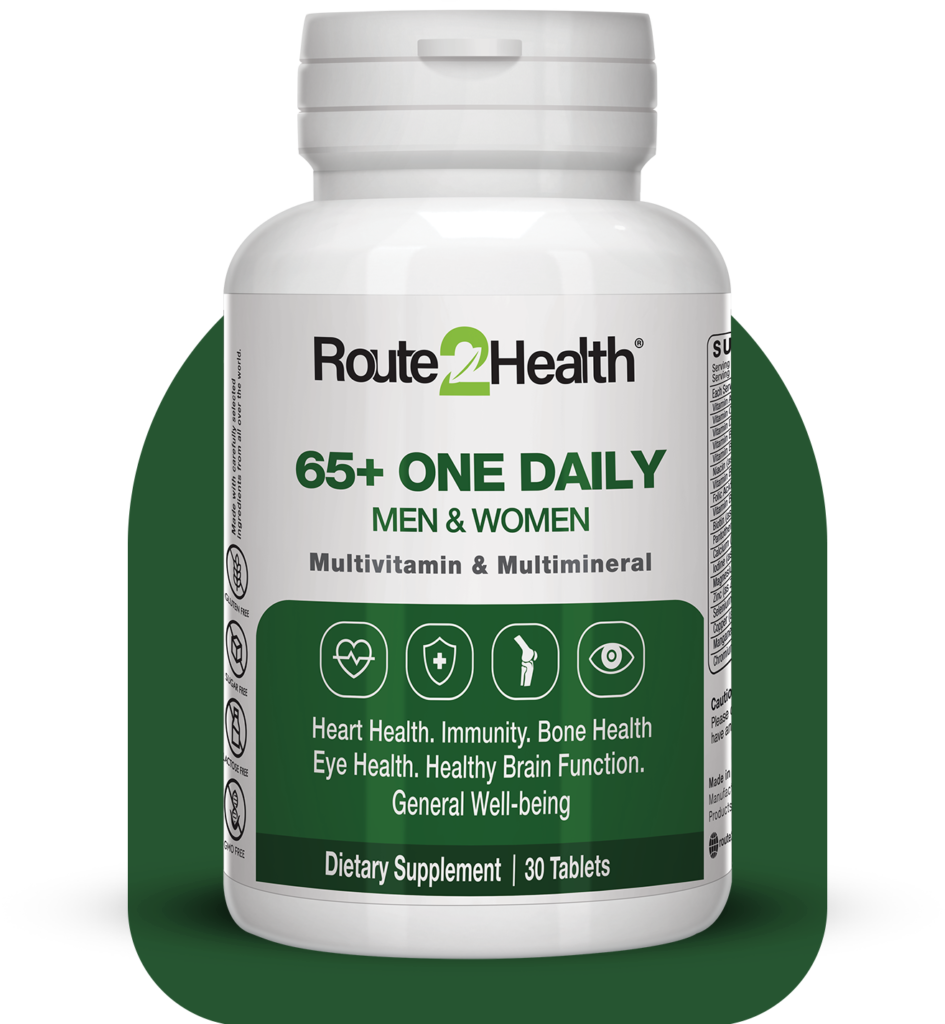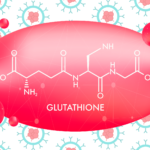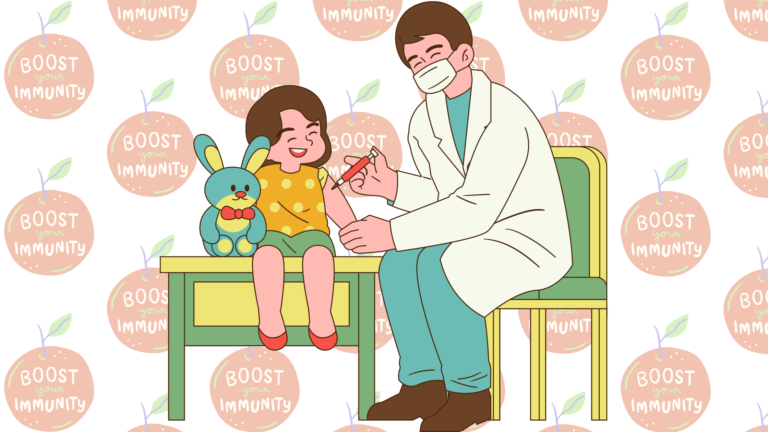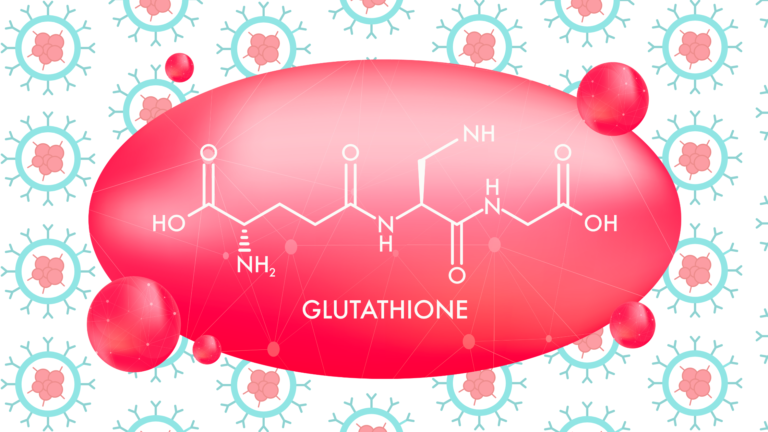
Berdi
urinary Track Health
Nutrition for the elderly is of paramount importance in today’s society, as the senior population continues to grow. As people age, their nutritional needs change, making it crucial to pay close attention to their dietary habits to ensure they enjoy a healthy and fulfilling life.
In this article, we will explore the significance of nutrition for the elderly, especially those aged 65 and above.
As individuals advance in age, their nutritional requirements evolve significantly. A comprehensive understanding of these changing needs is fundamental to ensuring the elderly receive the right nutrients to maintain their health and well-being.
According to a study published in the “Advances in Nutrition”, older adults often face various challenges such as decreased muscle mass, bone density, and metabolic rate, which can impact their ability to absorb and utilize nutrients effectively.
It is critical to adapt their diets to accommodate these changes and mitigate potential health risks.
Let’s understand the importance of good nutrition for the elderly by understanding the role nutrition plays in various aspects of the people aged above 65+.
Proper nutrition plays a pivotal role in helping elderly individuals maintain a healthy weight and preserve muscle mass. Sarcopenia, the age-related loss of muscle mass and strength, is a common concern among the elderly.
Research conducted by the journal “Nutrients” highlights the importance of protein intake, specifically essential amino acids, in combating muscle loss. This underscores the need to focus on high-quality protein sources in the diets of older adults.
In addition to protein, other nutrients, such as vitamin D, play a role in maintaining muscle health. According to a study in the “Archives of Physical Medicine and Rehabilitation“, vitamin D deficiency is associated with muscle weakness and an increased risk of falls in the elderly. Ensuring that the elderly receive adequate vitamin D through dietary sources or supplements is essential for their overall health.

Nutrition is a powerful tool for reducing the risk of chronic diseases, which tend to be more prevalent among the elderly. A balanced diet rich in antioxidants, vitamins, and minerals can fortify the immune system and help prevent conditions such as heart disease, diabetes, and certain types of cancer.
Abundant research emphasises that increasing the consumption of fruits and vegetables, particularly those high in phytonutrients, can have a significant impact on overall health in older adults.
Moreover, the National Council on Ageing indicates that proper nutrition can help in managing chronic conditions such as diabetes. Dietary choices that control blood sugar levels, such as reducing sugar and refined carbohydrate intake, are essential for managing diabetes in the elderly.
Nutrition has a direct impact on cognitive health, a topic gaining increased attention in recent years. Studies, including one in “Nutrition and the Role of Cognitive Health in Successful Aging.”, suggest that certain nutrients, such as omega-3 fatty acids and antioxidants, may contribute to improved cognitive function and a lower risk of dementia.
It’s crucial to maintain a diet rich in these nutrients to support brain health and potentially delay the onset of cognitive decline.
In addition to omega-3 fatty acids, the role of antioxidants in preventing cognitive decline is of utmost importance. Antioxidants, found in foods like berries, leafy greens, and nuts, can protect brain cells from oxidative damage, potentially reducing the risk of Alzheimer’s disease.

As individuals age, maintaining strong and healthy bones becomes a priority. Osteoporosis, a condition that leads to bone fragility and an increased risk of fractures, is a significant concern for the elderly.
A comprehensive review in “Nutrition and Bone Health” highlights the importance of calcium and vitamin D intake in preventing osteoporosis. Adequate nutrients, along with weight-bearing exercises, are key factors in maintaining bone health. Vitamin K also plays a crucial role in bone health. Vitamin K is necessary for proper calcium absorption and bone mineralization.

Hydration is often overlooked but equally crucial for the elderly. Older adults may have a reduced sense of thirst, making them prone to dehydration. This can affect digestion, kidney function, and overall well-being.
Abundant research underscores the significance of staying adequately hydrated, especially for those in their golden years. Dehydration can lead to issues like constipation, urinary tract infections, and kidney stones. It’s essential to encourage regular fluid intake and monitor hydration levels in the elderly.
Beyond physical health, the importance of nutrition for the elderly extends to social and psychological well-being. Sharing meals with loved ones, engaging in social activities, and maintaining a positive attitude towards food can improve the overall quality of life for older adults. The relationship between social interactions and nutrition in the elderly is of utmost importance, emphasising the need for a holistic approach to their dietary well-being.
Older adults may face changes in their appetite due to emotional factors, medication side effects, or dental problems. Ensuring that meals are not only nutritious but also appealing and enjoyable is vital for their mental well-being.
In conclusion, the significance of nutrition for the elderly cannot be overstated. As individuals age, their nutritional needs evolve, impacting their physical, mental, and emotional well-being. Through this comprehensive exploration, we have highlighted how proper nutrition can help older adults maintain a healthy weight, reduce the risk of chronic diseases, support cognitive health, maintain strong bones, and enhance overall quality of life.
Now that you know the importance of nutrition for the elderly, you must be wondering how to get all the essential nutrients. Look no further than Route2Health’s 65+ ONE DAILY. 65+ ONE DAILY ensures that you get the micronutrients required to thrive in your golden years, in the right quantities.
It is also essential to adapt and customise dietary plans for the elderly, keeping in mind their specific needs and preferences. By following the latest research and nutritional recommendations, we can ensure that our elderly population enjoys a healthy and fulfilling life, both physically and mentally.











©2023 Route2Health®️
NTN: 2229383
AN ASSOCIATED COMPANY OF HIGHNOON LABORATORIES
STRN: 0301999937728

WhatsApp us
